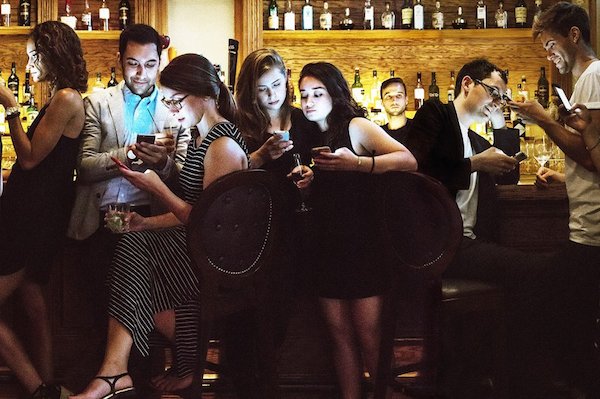Is it ok to create digital versions of past or current lovers?
Angry? Upset? Press X to axe your ex.
Here’s a topic I probably wouldn’t have thought about until reading this excellent Vice article. Apparently, there is a cohort of video game players who like to digitally recreate the ex- or current girlfriends or boyfriends in the video games they play. As you can imagine, this can be for both good and bad reasons…
It would seem designing and controlling avatars that resemble significant others past and present can add a special twist to the gaming experience. For some, using an avatar of their lover, or at least interacting with their digital incarnation, is a benign way to get more into a game, or even add a fun dynamic to their real-life romance. Others, it turns out—the majority of whom are men—enjoy the thrill of subduing and controlling avatars of lovers past.
And the article deals only with how people are doing this in today’s video games, using existing technology. One can only imagine how this ethical dilemma gets more complicated in a more photo-realistic, VR-enabled future… So:
Is it morally wrong to recreate real people in your virtual world? Where’s the line of what’s ok and what isn’t?
How does this change once it’s more than just a character you play in an RPG? What if it’s creating a virtual simulation of someone without their permission?
